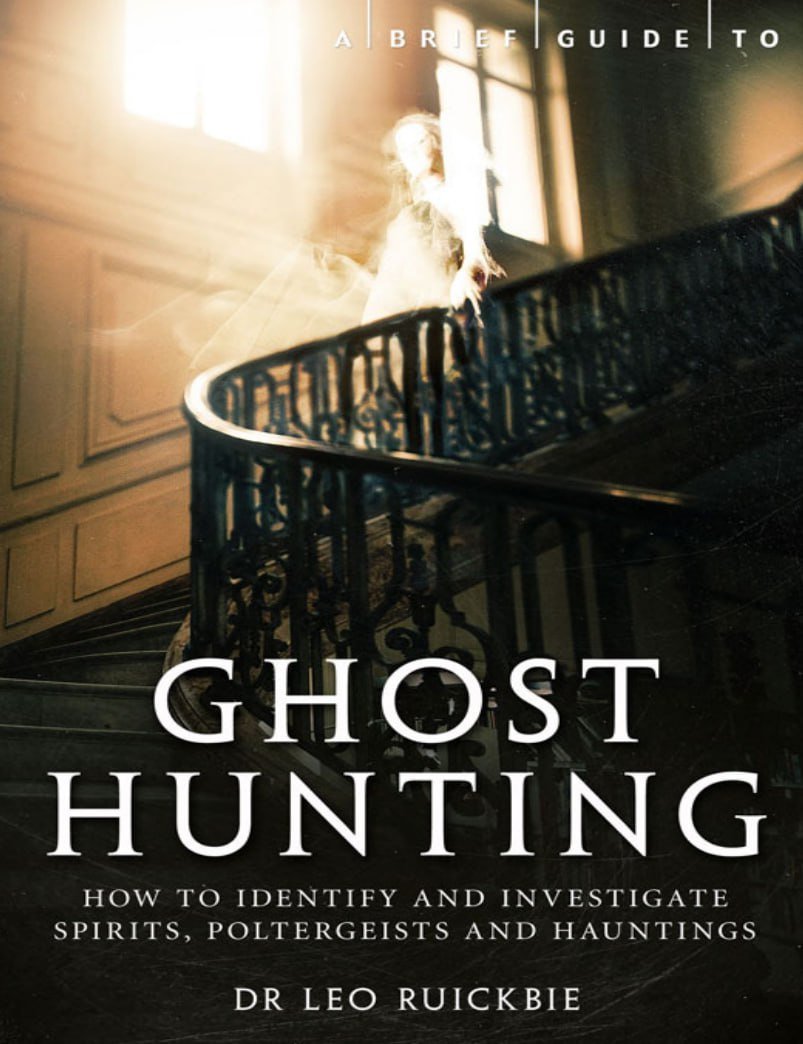

Losing Ourselves: Learning to Live without a Self
Private Book Reader
Access your private PDF books securely. Upload and enjoy reading your personal collection anytime.
Read Your Private BookShort Audio Book Summary
Losing Ourselves: Learning to Live without a Self Summary
0:00 / 0:00Reviews
No review yet. Be the first to review this book!
Description
Losing Ourselves: Learning to Live without a Self by Jay L. Garfield offers a profound exploration into the nature of the self, identity, and consciousness. Drawing on both Eastern and Western philosophical traditions, the book challenges conventional notions of the self and invites readers to reconsider their understanding of personal identity and the role it plays in shaping their lives. Garfield, a renowned scholar in the fields of Buddhist philosophy and cognitive science, takes an interdisciplinary approach, blending insights from philosophy, psychology, and neuroscience to investigate how our sense of self is constructed and maintained. The book delves into the idea that the self is not a fixed, permanent entity but a dynamic, fluid construct shaped by our experiences, perceptions, and social interactions. Through a combination of theoretical discussions and practical exercises, Garfield guides readers in the process of "losing" the self, encouraging them to let go of attachment to a rigid sense of identity and explore the freedom that comes from recognizing the impermanent and interconnected nature of existence. The book draws heavily on Buddhist teachings, particularly the concept of anatta (no-self), and how this perspective can lead to greater peace, mindfulness, and a deeper understanding of one's true nature. Garfield also examines the impact of ego and the "self" on our mental and emotional well-being, highlighting how attachment to a fixed identity can lead to suffering, stress, and dissatisfaction. By learning to transcend the illusion of a permanent self, individuals can experience greater flexibility in how they relate to the world, reduce anxiety, and cultivate a sense of interconnectedness with others. Key Features: Philosophical Exploration: The book offers a deep dive into the nature of the self, blending Eastern and Western philosophies to explore the concept of identity. Buddhist Influence: Drawing from Buddhist teachings, especially the concept of anatta (no-self), Garfield presents a framework for understanding the impermanence of the self. Psychological Insights: The book combines philosophical concepts with psychological principles, helping readers understand how attachment to the self influences their thoughts and behaviors. Practical Exercises: Garfield includes exercises and meditative practices that help readers apply the book's teachings and experience the benefits of letting go of a fixed identity. Freedom and Liberation: The core message of the book is that by losing the attachment to a rigid self, individuals can experience greater freedom, peace, and a deeper sense of connection to the world around them. Why Read This Book: Losing Ourselves is a transformative read for anyone interested in exploring the nature of identity and consciousness. It is especially relevant for those seeking to reduce the influence of the ego in their lives, overcome personal suffering, and cultivate a deeper sense of mindfulness and self-awareness. Jay L. Garfield’s thoughtful integration of Eastern and Western philosophical traditions offers a unique perspective on the self and provides readers with the tools to transcend the limitations of a fixed identity. This book is ideal for those seeking to understand the fluid nature of the self and how to live with greater freedom, compassion, and connection.























.jpeg)


.jpg)





.jpeg)



.jpeg)
.jpg)


.jpeg)

.jpg)







.jpg)







.jpg)
.png)




.jpg)

.jpeg)











.jpg)




.jpg)











































